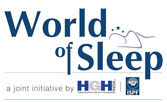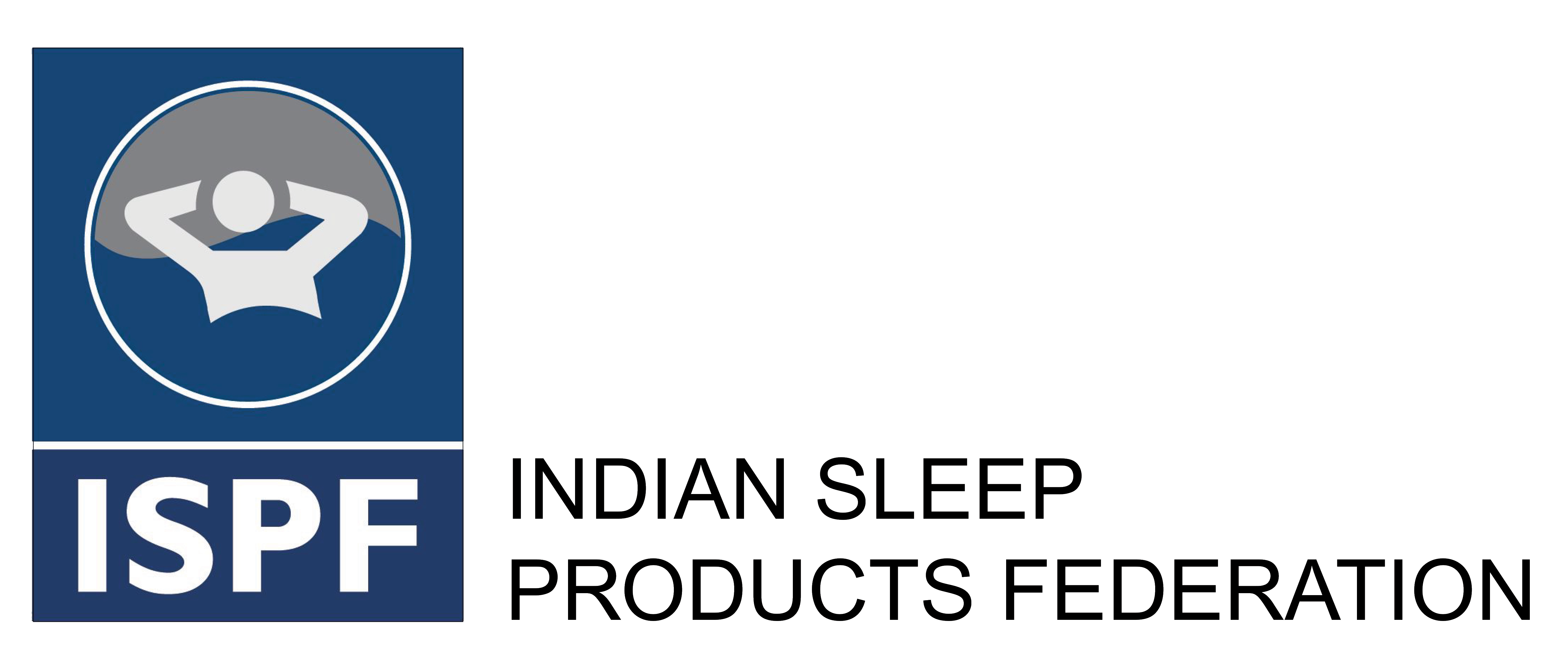Patents and IPs (Intellectual Property Rights) are playing a major role in providing recognition to the mattress industry. What is needed to increase IPs and Patents? Here is a glance at their influence on export and premium pricing in the mattress industry
In the past 20 years, Intellectual property rights played a major role in giving recognition to innovative, creative and unique ideas through protecting them by global novelty, patents, copyright, trademarks and many more ways of protecting the ideas. These legal rights are a prerequisite to protecting and securing the invention of big businesses, local organizations and individuals, and bestow an exclusive right to the creator and innovator.
Back in 1856, India inaugurated its roots of intellectual property based on the British Patent System and majorly focused on protecting industrial property. Though after independence, the Indian Patents and designs act also received certain amendments to ensure food and medicine commensurate and compensation to the patentee. However, the mattress industry was still riding on the traditional unorganized market and not exploring the newly amended Indian Patent and design act of 1950. The mattress industry got revolutionized post when Kurlon Enterprise Ltd. launched its first sleep comfort segment in 1962 and in ten years, several organizations launched their products.
And with the advent of technology, many sleep comfort brands recognized their ideas by leveraging their patented technology. This trend of patenting the brand, innovation, design, logo, tagline or ideas has risen in the business market to streamline IP processes and commercialize and promote advertisements. Patents, industrial designs, copyright of expression of ideas, and geographical indications are among a few of the offerings of Intellectual Property Rights 2016.
Considering there is a lot of advancement in IPs and their scope, it also increases the value of the brand. The brand value of Apple is close to 150 billion euros and its intellectual property rights have played a major role in delivering remarkable growth in the last 5 years.
ReST Bed, the leading sleep product industry, has patented their twenty technologies as they are disrupting motion through innovative hardware and software bed designs while featuring smart mattresses. Protecting one’s innovation can lead to market dominance and an increase in revenue for the company, along with establishing the company in the market in the long run. To achieve this goal, a company can use patents as a useful method. The Sleep Company has patented their super stretchy SmartGrID technology and leverages the benefit of first mover advantage.
Industries are earning advantages from IPs and patents in various ways. Startups are trying to patent and trademark their ideas and technology through licensing, while big brands are pushing to patent their innovative strategies, designs, ideas etc. Eventually, this becomes highly essential to protect the brand’s intellectual property, as it will attract premium prices and give more value to the stakeholders.
The intellectual property rights are very important for brands and the organisation to secure the inventions and ideas. This helps the brands to establish themselves in the market with their unique ideas and secure their market share. Mattress industry is also not out of it. There are many patents filed by the leading mattress companies of India that are innovative. The trend of filing patents is increasing day-by-day, leading to increase the brnad value.
Take a bite out of Apple: Patent and IPs
Legal Associate from Infosys, Nidhi Mishra defined that Intellectual property (IP) and Patent rights protect genuine business assets that can be vital to an organization’s products or services or the success and profitability of business. She mentioned,
She accentuated that all these different types of intellectual property rights are basically purposed for the same goal –

Intellectual property rights are highly diversified, such as trademarks to protect product names, design registrations to protect the appearance of the products, and patents and utility models to protect the technical solutions used in the products. Sheela Foam Ltd, maker of Sleepwell Mattress brand applied for a patent for its personalized sleep experience concept “Perfect Match”. This is an in-house developed concept of Sheela Foam and the company has started exploring more opportunities for the export market.
These IPs rights generate additional revenue for the brand, as it directs additional purchases at a premium price. If a product or service is technologically superior to others, it can be sold at a higher price or produced at a lower cost. IPs and patents provide value to their brands, sellers, customers, re-sellers, distributors, suppliers and potential investors too.
The Indian mattress industry is using this right pretty well as most of the companies have their patent and other IP rights, which helps them to grow. Though unorganized market absorbing the Indian mattress market share solely based on price.
Yet, IPs and patents direct the way to move from an unorganized to an organized market. A patented product provides a marketing advantage over competitors. Branded mattress players have started initiating and recapitalizing IPs and patent rights as a consequence of competitive aggressiveness, stealth marketing and the epitome of challenges to secure the ideas.
In the past few years, the mattress industry has witnessed a bloom in the Indian market. From being a necessity, the mattress market has moved to the luxurious upfront of the customers, fulfilling the need for good sleep and mixing it with a dash of status and comfort.
It is also required for the betterment of the customers and the competitive nature of the market. Indian branded mattress players are trying to fill the gap through consumer experience, product enhancement and technology. Additionally, patenting these innovative practices is a pathway towards the international market.
Nowadays innovation is not only limited to technology companies or pharmaceutical companies but has expanded where sums are invested in the research and development of a variety of products to the demand of the consumer. Innovation is the key to success. Though these innovative ideas need to be protected. Awareness and government efforts are required to strengthen the need for IP rights among the people and mid-level companies; it will be beneficial for the economic growth of the country.
Skim the Cream: Patent and IPs for Indian Mattress Players
The Indian Patent Act, 1970 governs the entire process of patents and protects a patent by allowing its inventory control over the use of such an invention along with protection from infringement. As Nidhi Mishra, an Expert in International Law, advises, exporting IPRs can increase the commercial value of the products/services because they are signifiers of ownership, quality, reputation, and experience. Be certain about the IPR the company owns in both local and foreign export markets. Differentiate your IPRs for the physical goods and the services you export. IPRs are tools that protect both the goods and the services that are essential to your business operations. Copyright will open mutually profitable business avenues and avoid infringement. Technology or know-how, such as products developed by companies, can be protected by patents, trademarks, or industrial designs; IPR can facilitate consistency on which consumers can rely both locally and abroad.
Consider creating a virtual presence for advertising, marketing, and selling your products & services, or those of third parties. A Brand’s IPR is a key tool when dealing with vendors and online companies and establishing long-term relations with consumers of other countries, specifically in the mattress industry. By granting others abroad the right to sell a brand’s product/services (franchise), there are standard and customized IPR licensing models that are designed to give a level of certainty when franchising the brand’s locally developed business to others abroad. Open innovation-based products; check whether licenses are valid in target markets. Through subsidiaries that manufacture and sell abroad, IPR is the key tool that can facilitate the optimal customer value proposition and a profit formula in the country of export.
Intellectual property plays a vital role in developing the economy. Anandita Joshi, a legal consultant, emphasized that
In one of her reports, Anandita Joshi, an IPR and Business law expert identified that,
IP’s rights establish a brand and bring value to brand marketing processes. Peps Industries filed a case against Shakti Mattress & Gears Pvt Ltd. and Coirfoam Pvt Ltd, as both of the groups were using Peps Industries’ registered mark ‘Spine Guard’.
The leading global mattress brands Avocado, Curlon, Purple, Brooklyn Bedding and the leading Indian mattress players The Sleep Company, Wakefit, and Peps are monetizing millions of currencies in profit through patenting over these years in the form of license fee payment, competitive advantage and compensations.
Wake-up Call
The definition of Patent itself clarifies that the owner of the mattress brand will get an exclusive right over that invention, which means that the patent holder can prevent unorganized or organized brands from commercially exploiting the patented invention. In other words, patent protection means that the invention cannot be commercially made, used, distributed, imported or sold by others without the patent owner’s consent. This means that once a patent is granted on a product or a process for mattress players, the other competitors in the market will not be able to use that technology or process or product in their own company. This will not only benefit the patent-holding company to gain revenue but will also encourage other companies to invest in their research and development to come up with better products, hence resulting in better products and a variety of options for consumers.
Brand’s IPR is a key tool when dealing with vendors and online companies and establishing longterm relations with consumers of other countries, specifically in the mattress industry. The definition of Patent itself clarifies that the owner of the mattress brands will get an exclusive right over that invention, which means that the patent holder can prevent unorganized or organized brands from commercially exploiting the patented invention.
Patents are also prominent as “Rights granted for an invention.” It turns out that IPs rights for mattress industries would hinge a lot on creative ideas to promote the product and innovative technology while enhancing their expansion to the global market. Incidentally, the growing realization of various fundamentals of Intellectual property rights has had a spillover into the mattress players and sleep product industries.
Vesa Tuominen, CEO, of Unikulma, the Finnish company received millions of euros through utilizing the IPs and Patents. The company has established itself globally for the last 30 years and is one of the best companies in innovation, technology, durability and appearance. The company has more than forty-two types of patent registrations. And also recognized the importance of patent registrations and raised awareness of Intellectual property rights.
Patent hegemony over the growing revenue and premium pricing of mattress players have potentially productive ramifications for economic development. Intellectual property rights nourished industries to acquire ownership of intelligence assets
The mattress industry has a highly diversified product portfolio and is also considered one of the most competitive sectors. The sleep product sector has a vast customer database from corporate to home furniture and sleeping products, as it is expanded to homes, hotels, hospitals and nursing care etc. Intellectual property and patents have benefitted mattress players by creating their rich information vis-a-vis and designing a secure platform for innovative marketing ideas to hold their database. Protecting the designs, the appearance of the product, technical solutions, product names and even the whole supply chain is highly crucial to securing the product from infringement. As it can be easily traced.
Patents a privilege or a menace?
Monopoly is not the right introspection of a patent as it is not receiving recognition for something which is already in the public domain. Patents and IPs do not take anything out of the public. Therefore, patents help the mattress market or any other industry to conduct research, utilize advanced technologies and inhibit competition. Patents and IPs rights provide the freedom to operate and leverage their ideas. Because securing the patent encourages the company to grow globally. It encourages its experts, designers and innovators to deliver their competitive position and technologically superior products.


